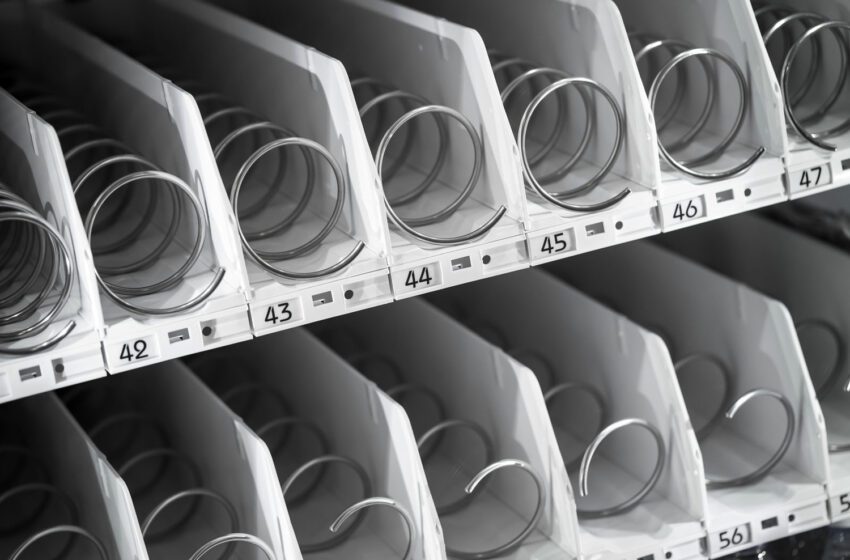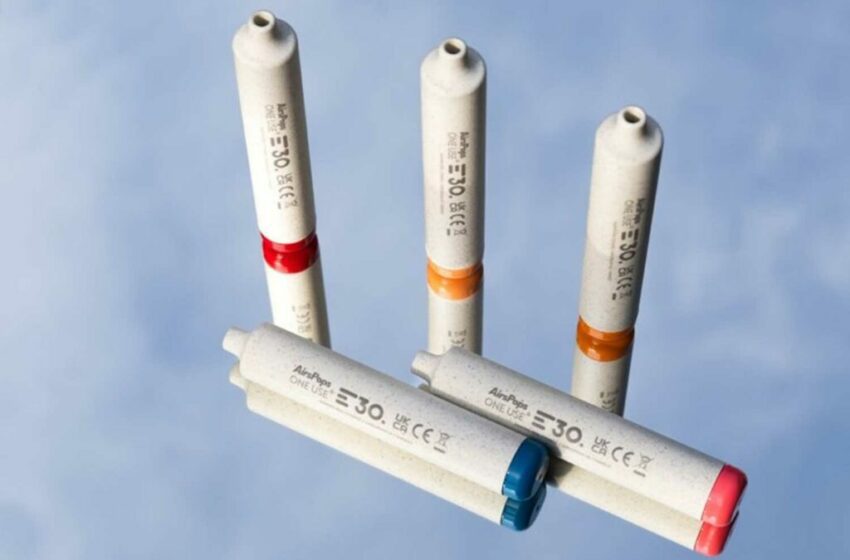E-cigs are subject to the same rules as other tobacco products in Malaysia, says ministry.Read More
Tags :Malaysia
The law will restrict the sale of tobacco and its substitutes to those aged 18 and over. Read More
Some 5.8 percent of adults are e-cigarette users compared with 0.8 percent in 2011.Read More
CEO Sam Ong lauds the country's robust market and vaping industry ecosystem. Read More
“I am not a mufti to make cigarettes haram,” says Malaysia’s Health Minister. Read More
Health Minister apologizes for the exclusion of the generational tobacco ban. Read More
A controversial generational tobacco ban has been dropped from the legislation. Read More
Some blame the U-turns on tobacco lobbying rather than constitutional concerns.Read More
But it is unclear whether the proposed legislation still contains a generational ban. Read More
Different laws for different age groups would require a constitution change, says AG. Read More










